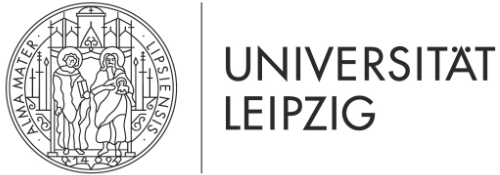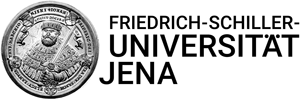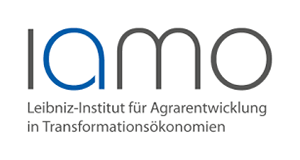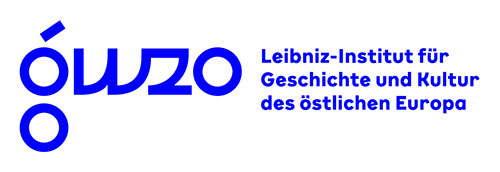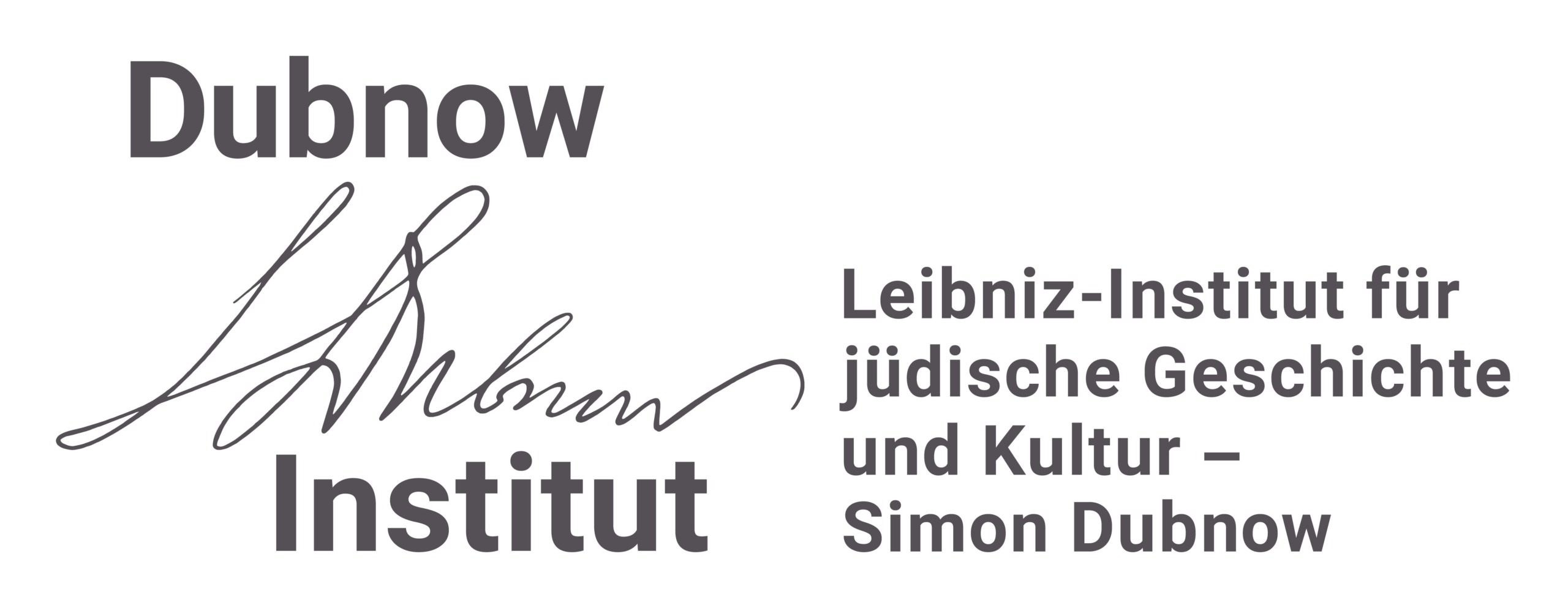Mikhail Ilchenko
Stay at EEGA: mid-August 2018 – mid-February 2019
Mikhail Ilchenko works as a senior researcher at the Institute of Philosophy and Law of the Russian Academy of Sciences, Ural Branch (Yekaterinburg, Russia) and as a lecturer at the Ural Federal University. His research interests focus on post-socialist urban studies and social meanings of architecture. He has published a number of articles on post-socialist urban changes and modernist urban heritage in periodicals and edited volumes in English, Russian, Ukrainian and Polish languages and is an editor of Post-Fordism: Conceptions, Institutions, Practices (Moscow, 2015). He also has organized a series of international workshops, seminars and conferences devoted to the preservation of the modernist architecture in post-socialist countries.
Currently he is involved in a number of international academic projects aimed to analyze symbolic transformation of the post-socialist urban areas in Eastern Europe.
Mikhail Ilchenko is an author of the lecture courses “Power and its Representations in Contemporary Urban Space” and “Social Meaning of Architecture”.
Research project: Shaping New Urban Identities: Symbolic Transformations of the Modernist Urban Heritage under New Post-Soviet Geography
This research examines cultural and social transformations of the modernist urban areas under post-Soviet conditions and analyzes the ways of their integration into new spatial and symbolic structures which are emerging in the post-Soviet space.
The research aims to explore how the Soviet urban areas of 1920-1930s are transformed today in terms of their a) urban structures; b) social functions; c) symbolic meanings and, thus, to reveal to what extent these changes are in line with the similar trends in Eastern Europe in general.
The Soviet architectural practice of the 1920-1930s represents one of the most influential and radical experiences within the urban modernist project of the interwar period, but meanwhile it is usually viewed separately from any other regional or ideological context.
For that reason, analysis of the Soviet modernist heritage through a prism of global Eastern European experience gives a good opportunity 1) to define and describe a special trajectory of the post-Soviet development within the larger context of Eastern Europe; and 2) to compare the ways of adapting modernist urban heritage in the post-Soviet and post-Socialist countries.
Mikhail Ilchenko recently published the article “Socialist Cities” under post-Soviet Conditions: Symbolic Changes and New Ways of Representation“ in the peer reviewed quarterly Journal „Europa Regional“, edited by the Leibniz-Institut für Länderkunde (IfL).
